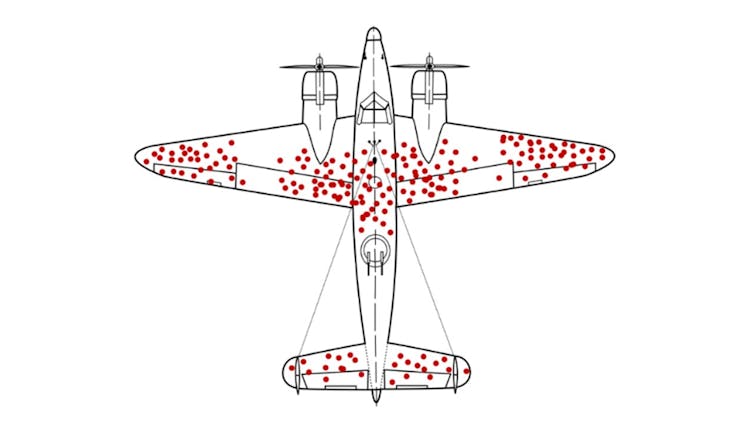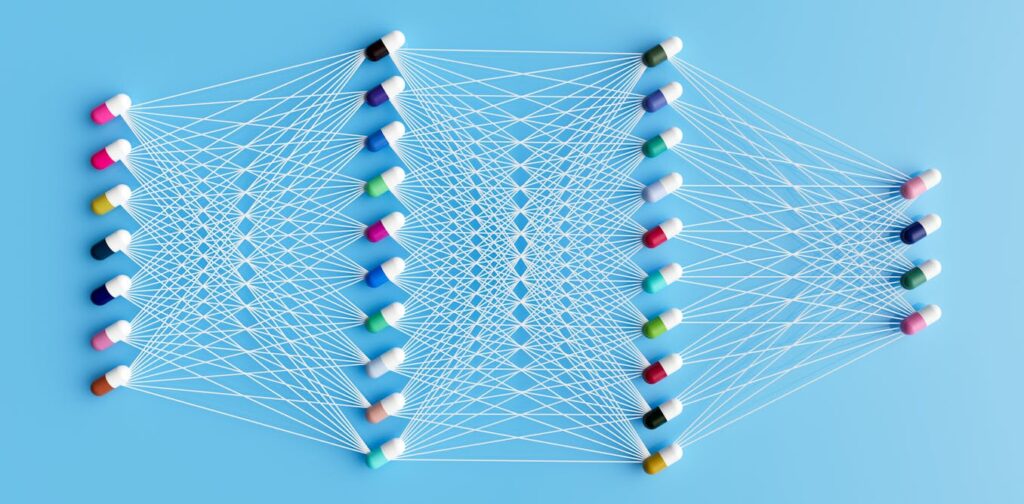The potential use of artificial intelligence in drug discovery and development has sparked both excitement and skepticism among scientists, investors, and the general public.
Some companies and researchers claim that “artificial intelligence is taking over drug development.” In recent years, interest in using AI to design drugs and optimize clinical trials has sparked a surge in research and investment. AI-driven platforms like AlphaFold, which won the 2024 Nobel Prize for its ability to predict protein structures and design new proteins, demonstrate the potential of AI to accelerate drug development.
AI in drug discovery is “nonsense,” some industry veterans warn. “We need a reality check on AI’s potential to accelerate drug discovery,” they say, as AI-generated medicines have yet to demonstrate the ability to address the 90% failure rate of new drugs in clinical trials. claims. Unlike the success of AI in image analysis, the impact of AI in drug discovery remains unclear.
Nortonrsx/iStock via Getty Images Plus
We have been tracking the use of AI in drug development through our work as pharmacologists in both academia and the pharmaceutical industry, and as former program managers at the Defense Advanced Research Projects Agency (DARPA). We argue that AI in drug development is not yet transformational, nor is it complete nonsense. AI is not a black box that can turn any idea into gold. Rather, we believe that, when used wisely and competently, it is a tool that can help address the root causes of drug failure and streamline the process.
Most research using AI in drug development is aimed at reducing the time and cost it takes to bring a single drug to market. Currently, it takes 10-15 years and costs US$1-2 billion. But can AI really revolutionize drug development and improve success rates?
AI in drug discovery
Researchers have applied AI and machine learning to every step of the drug development process. This includes identifying targets in the body, screening potential candidates, designing drug molecules, predicting toxicity, and selecting patients most likely to respond to drugs in clinical trials.
From 2010 to 2022, 20 AI-focused startups discovered 158 drug candidates, 15 of which advanced to clinical trials. Some of these drug candidates have been able to complete preclinical testing in the laboratory and enter human trials in just 30 months, instead of the typical three to six years. This achievement shows that AI has the potential to accelerate drug development.
On the other hand, while AI platforms may rapidly identify compounds that act on cells in Petri dishes and animal models, the success of these candidates in clinical trials, where the majority of drug failures occur, remains uncertain. Very uncertain.
Unlike other fields, such as image analysis or language processing, where there are large, high-quality datasets available for training AI models, AI in drug development is constrained by small, low-quality datasets. Generating pharmaceutical datasets of millions to billions of compounds in cells, animals, and humans is difficult. Although AlphaFold is a breakthrough technology in protein structure prediction, it is still unclear how accurately it can be used in drug design. Small changes in the structure of a drug can have a significant impact on its activity in the body and therefore its effectiveness in treating diseases.
survivor bias
Similar to AI, past innovations in drug development such as computer-aided drug discovery, the Human Genome Project, and high-throughput screening have improved individual steps in the process over the past 40 years, but have not improved drug failure rates. yeah.
Most AI researchers can tackle specific tasks in the drug development process, provided they are provided with high-quality data and specific questions to answer. However, they are often not familiar with the big picture of drug development and reduce their challenges to pattern recognition problems or improving individual steps in the process. Meanwhile, many scientists with expertise in drug development have no training in AI or machine learning. These communication barriers can prevent scientists from going beyond the mechanics of the current development process to identify the root causes of drug failure.
Current approaches to drug development, including those that use AI, may be falling into the trap of survivorship bias, focusing too much on the less important aspects of the process, which may be the biggest cause of failure. You’re overlooking a major issue. This is akin to repairing damage to the wings of planes returning from World War II battlefields while ignoring the critical vulnerabilities in the engines and cockpits of planes that never made it home. Researchers often focus too much on how to improve individual properties of drugs rather than the root causes of failure.

Martin Grandjean, McGeddon, US Air Force/Wikimedia Commons, CC BY-SA
The current drug development process operates like a workflow, relying on a check-box approach with extensive testing at each stage of the process. AI has the potential to reduce the time and cost of the laboratory-based preclinical phase of this assembly line, but is unlikely to increase success rates in the more costly clinical phase, which involves human testing. . The continued 90% failure rate of drugs in clinical trials, despite 40 years of process improvements, highlights this limitation.
Addressing the root cause
Drug failures in clinical trials are not only due to the way these studies are designed. Wrong selection of drug candidates to test in clinical trials is also a major factor. New AI-powered strategies could help address both of these challenges.
Currently, most drug failures are caused by three interdependent factors: dose, safety, and efficacy. Some drugs fail because they are too toxic or unsafe. Other drugs fail because they are thought to be ineffective and often because the dose cannot be increased any further without causing harm.
We and our colleagues propose a machine learning system that aids drug candidate selection by predicting dose, safety, and efficacy based on five previously overlooked drug characteristics. Specifically, researchers will use AI models to understand how specifically and strongly drugs bind to known and unknown targets, the levels of these targets in the body, and in healthy and diseased tissues. The concentration of the drug and the structural properties of the drug can be determined.
These characteristics of AI-generated drugs could be tested in so-called phase 0+ trials, using ultra-low doses in patients with severe and mild disease. This could help researchers identify the best drugs while reducing the cost of the current “test-and-see” approach to clinical trials.
While AI won’t be the only thing that will revolutionize drug development, it can help address the root causes of drug failure and streamline the long approval process.



